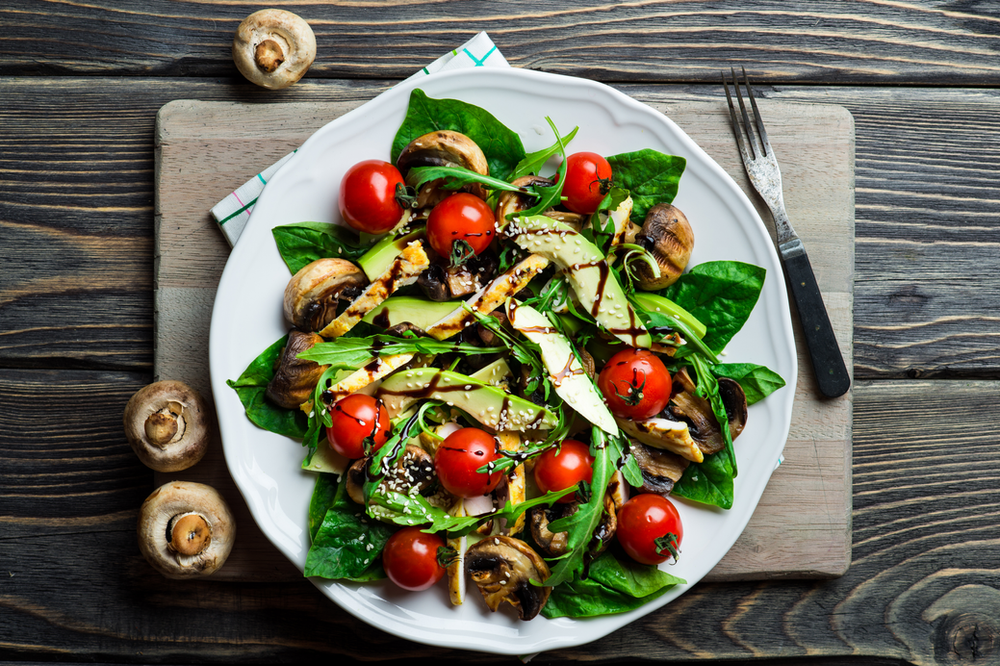Liberty Lake, Washington Post Falls, Idaho Sandpoint, Idaho
509-464-2344 208-777-0308 208-263-7889

By now everyone is aware to some degree or other of what antioxidants are and how critical these substances are to maintaining health over a lifetime. Unfortunately, as we age the enzymes that are produced by our bodies in response to oxidative (free radical) damage decrease dramatically starting around age 50 and beyond. So getting the antioxidants we need to fight free radical damage must come from other sources, such as in vitamin supplements and the foods we eat. And since many elderly eat less as they age, or eat the same easy-to-prepare foods each week, making every bite count becomes much more critical as people age.
Enter the humble tomato: It has one antioxidant in particular that makes many other antioxidants more effective and it delivers a host of other benefits as well.
Called lycopene, this antioxidant gives tomatoes their bright red color, along with the color found in watermelon, pink grapefruit and other red vegetables and fruits. In the normal American diet, lycopene tends to usually come from eating tomatoes and tomato products.
But unfortunately, the most popular tomato-based foods, such as ketchup and red sauces also contain unhealthy ingredients or are paired with not-so-nutritious sugary, starchy, and high-fat foods.
Ketchup is usually packed with sugar or high-fructose corn syrup. In pizza, the tomato sauce contains lycopene but it comes on a starchy crust with high-fat cheese–not exactly a healthy combination.
While it’s best just to eat tomatoes in their natural form, for example, added to salads or slices on a dinner plate, a supplement of lycopene every day can be another option and may be as important as taking a good-quality daily vitamin supplement.
Lycopene is like a military “commander” of all the other antioxidants we eat. It helps them work better and have more potency. Although we still need other antioxidants, such as vitamin C and E, these vitamins become more effective in the body when combined with lycopene.
The net result is that lycopene helps to reduce chronic inflammation, which underlies accelerated aging and virtually every ill associated with longer life, including heart disease and dementia. Understanding the role of oxidative damage and what it does to our bodies as we age brings about a better awareness of how important it becomes to maintain a high level of antioxidant intake in our diets on a daily basis.
It’s never too late to start emphasizing a healthier diet and one way to do that is by adding lycopene to a regimen of a high-quality daily vitamin supplement–and including more of the humble tomato in our diets.



